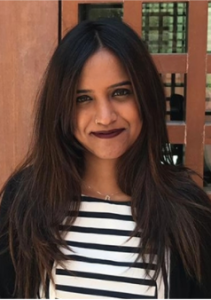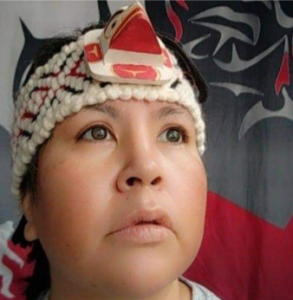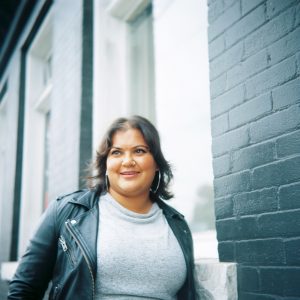Justice at the most basic levels brings to mind questions of what is right, what is wrong, what is fair, and what is not? However, a more nuanced examination asks us to look at systemic reasons for why something is deemed right or wrong, or just or unjust, and it asks us to understand the root causes of issues in order to better address them. Various movements and organizations have taken up ‘justice’ in their work, and we are seeking to explore what justice means in these different contexts. How do different communities practice or understand justice? Does justice look different depending on who it is applied to? How does justice relate to power and privilege structures?
As awareness of social divisions and disconnection increases, is it possible to turn to the idea of justice as a way to recognize and express mutual respect or to advocate for change? Join us on Wednesday, March 23rd, as community leaders and partners engage in dialogue about what justice means to them in their work, what it looks like in their communities, and why the term ‘justice’ serves them and their movement.
Featured Speakers:
Ritica Ramesh (she/her), Project Coordinator for the Access to Responsive Justice Project at CGSHE


Ritica Ramesh (she/her) is the Project Coordinator for the Access to Responsive Justice Project at CGSHE. She has spent the last six years conducting research and writing on the histories of the prison-industrial complex, imperialism, and abolition. As an organizer, she believes in an anti-carceral future and is passionate about working at the intersection of theory and praxis to explore culturally-informed and survivor-centric approaches to navigating harm and abuse that do not reinforce existing inequalities.
Manvi Bhalla (she/her),Climate Justice Advocate and PhD student


Manvi (she/her) has over 12 years of experience as an intersectional community organizer. She co-founded Shake Up The Establishment, a national nonprofit dedicated to climate justice and political advocacy; is a member of the Canadian Coalition for Environment and Climate Justice; and is co-founder of missINFORMED, a nonprofit dedicated to the health of women and gender-diverse peoples. Alongside lecturing on environmental justice, Manvi is a published health researcher who has worked at Hospital for Sick Children and Universities of Guelph, Waterloo and Dalhousie. Manvi has an Honours BSc in Biomedical Science from University of Guelph and an MSc in Public Health and Health Systems from University of Waterloo. Her MSc research investigated barriers towards climate action within the public health sector. Presently, she is a PhD student at University of British Columbia, alongside being Climate Policy Lead and a part of the Climate Justice Research Collaborative at UBC Climate Hub.
Xhopakelxhit, Coast Salish and Nuu-Chah Nulth Matriarch


Xhopakelhit is a Coast Salish, and Nuu-Chah-Nulth Matriarch, medicine maker, water protector and traditional midwife. She is also the author of the world-renowned Ancestral Pride Allyship Zines. Xhopakelxhit has been directly involved with indigenous resistance for three decades, and her work has spanned organizing, film-making, and training. Her workshops have received many accolades. As an Indigenous woman and the topics are too numerous to count she has extensive experience with race relations and breaking down racist colonial history in Canada.
Meenakshi Mannoe, Criminalization & Policing Campaigner at Pivot Legal Society


This event is an installment in an event series hosted by ORICE titled, “What does this really mean?” featuring one word or phrase per session that is commonly used but may not be fully understood or is understood in different ways by different communities. Complex and contested global events and issues can be hard to engage with or simply overwhelming when trying to wade through a sea of jargon. Through these events, we hope to engage with dialogue to understand how different communities or movements define them and how this understanding is translated into action in different spaces.